From an IB class to the heaviest building in the world and the Romanian Parliament
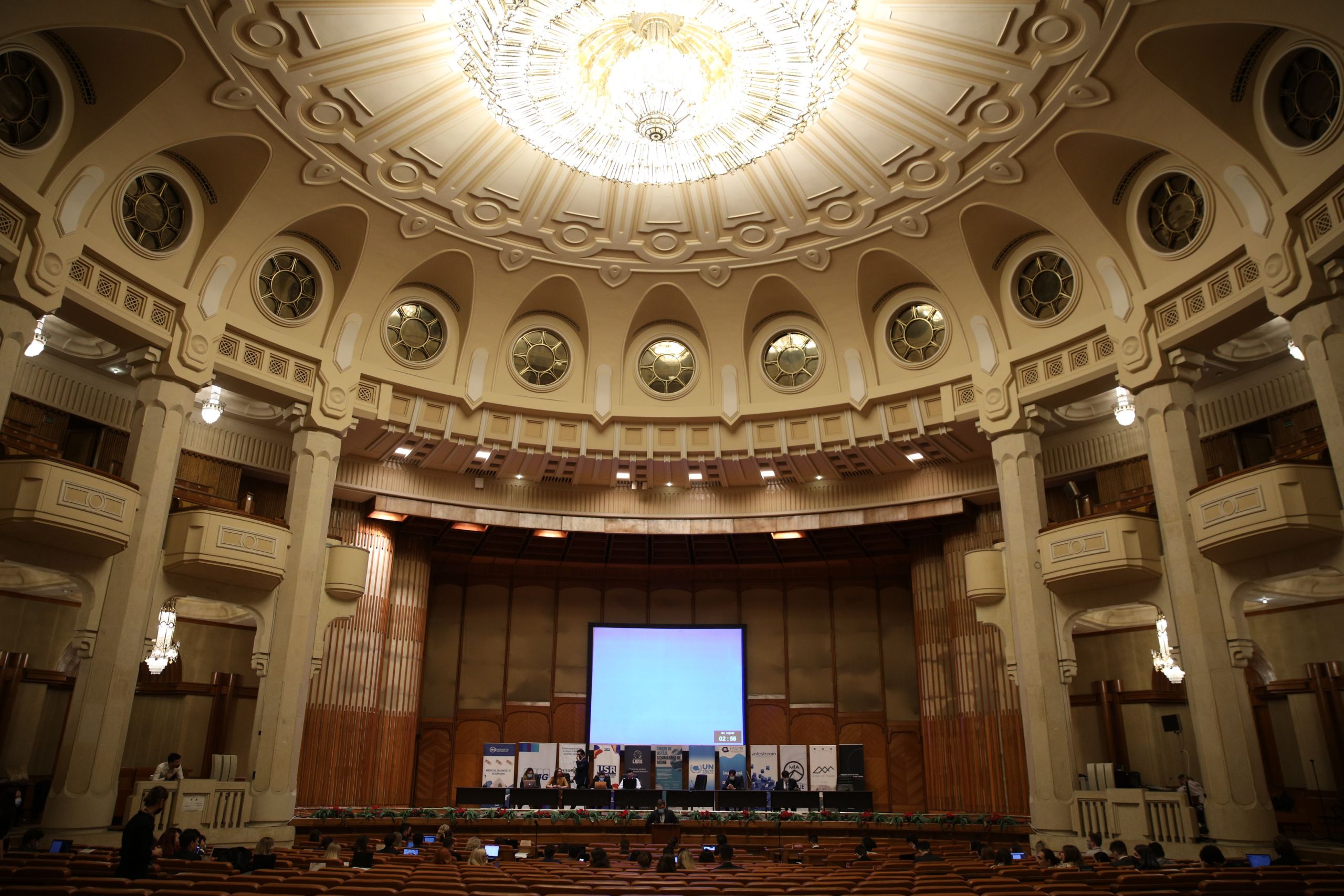
(Private photo: Abel Aioanei)
When I had my International Business (IB) class during my first year at CBS, I could not see how and in what way these lessons could help me in my endeavours.
The class was about general IB theory and focused mostly on Asia, as part of my study line. I did forget some of the concepts and frameworks I’ve learned, even though I got very interested in the subject of IB and how it affects the ways in which countries develop.
After about a year, I got a student job, took part in various events and other student organisations and time passed. It felt like the class IB knowledge I got through the lectures was long gone, and as if I’d probably only use in a discussion to either validate some of my arguments or refute others. However, one year after I finished that course, I saw an ad about an event back home in Romania. That was an opportunity I knew I couldn’t miss.
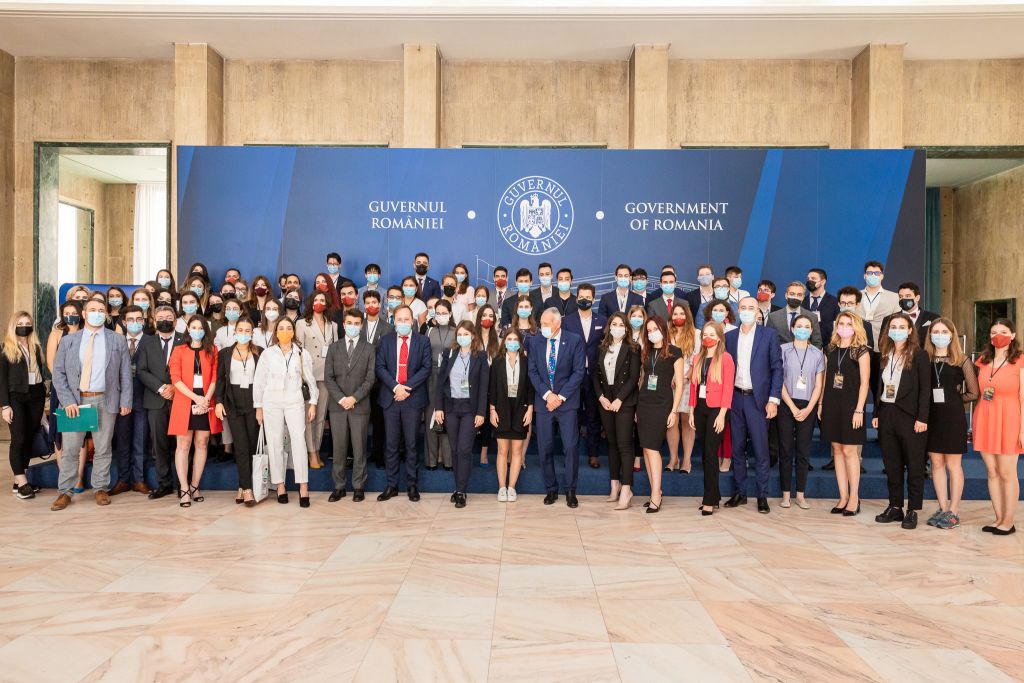
(Photo: © FotografulTAU)
A group of driven students were trying to recreate a conference that took place in Romania 150 years before. The Congress of Putna, in 1871, represented a link between two extremely important generations of our national history: the generation of 1848, marked by the assertion of a national identity in a European context for all Romanians and the generation sacrificed in the first World War. Back then, those students discussed the identity and cultural issues of Romanians in those times. The plan now was to recreate that.
I applied, I went through the interviews and after 2 months, I found myself in Bucharest, joining 130 Romanian students coming from different countries in Europe and also from universities back home. There were 83 students across the committees and around 50 student organisers, a total of around 130 students with 40% coming from outside the country. I am stressing the numbers in here, to, one more time, to demonstrate the importance and relevance of the Romanian diaspora and what it means in real numbers.
I was part of the Labour and Economy committee, which also consisted of 12 other students with different backgrounds, studying at different universities at home and abroad. Some of them came from other cities in Romania and others, like me, grew up in small villages.
I remembered then, the Special Economic Zones(SEZs) we talked about in our IB class
During our first day of discussing the subjects we wanted to touch on in the bill drafted, we realised we were going in different directions. We wondered if we could find a way to unite under one theme. I remembered then, the Special Economic Zones(SEZs) we talked about in our IB class. I presented the idea to the team and after some discussions we agreed that this was the way to go. A SEZ is an area where companies, whether local or foreign, get special treatment in terms of taxation and financing, which makes an area like this in a country, more attractive for potential investors.
Therefore, we ended up writing the bill on who the government should build a SEZ in the North-Eastern part of Romania and arguing that this would trigger further development in the region. Some of the key points of the bill were that international companies would be attracted to invest there if they got financial as well as tax incentives. We also mentioned that sustainable and green industries should be incentivized even more and thus, the region would benefit from attracting talent.
Moreover, this would also halt the increased exodus of people from there. On average, the population in Romania decreases by 140,000 every year, half of it through emigration. We argued that through this bill, the exodus of people would halt, investments would increase, and also innovation would be stimulated as new sectors were incentivized.
After this, for all the 3 days left, we worked on the draft and in the end, we ended up with 25 pages of content. In the body of the bill, we argued that in order for the North-Eastern region of the country to develop, a SEZ should be designed and thus facilitate the proper investment opportunities for companies. Of course, this involves challenges related to regulation, infrastructure and regional competition in Eastern Europe, coming from neighbouring countries.
Of course, there are challenges attached to this; related to regulation, infrastructure and regional competition in Eastern Europe coming from neighbouring countries. Nevertheless, on the final day, we presented our bill in front of the Forum. We got an approval vote of 71% and thus, after some amendments, the bill passed to go to the Romanian Parliament. This happened two months ago and now the bill is posted on the governments page of Sustainable Development. I hope that the Government will further look into this and if not, together with the team, we’ll do what we can for this to happen in one way or another.
Ironically, and now you’ll get the meaning in the title, on the final day, when the bill was voted, we were in the Palace of the Parliament. Despite its name, it was built in the most undemocratic way, when Romania was under Communism. I’ll add here some short facts about it: it is the second largest building in the world by floor area and the heaviest building in the world too. It has 200000sqm(20ha) of carpet inside, including the largest carpet in the world made out of a single piece of canvas(1100sqm). It also has 8 underground levels. While we presented the bill, in the conference room, we had a 5 tons chandelier above our heads.
But in this article, I don’t want to talk about the past, about some imposing building or some old dreams that are not relevant anymore. What I do want to say is that, well.. a normal course, dedicated professors and a specific class on various subjects, SEZs in this case, can bring important matters to the table. Us, as students, if we really want to change something in this world, we have to start small, and sometimes, the first brick in this big wall can be found in a ‘normal’ class.
This way, I want to give special thanks to my professors who taught me on the matter, Aradhna Aggarwal, Lisaveta Dubinka-Hushcha and Bjrön Jindra. And of course, last but not least to also the team I was part of in the committee: Sebastian Serban, Victor Ignat, Alexandra Nanu, Alexandru Nan, Radu Nicolaev-Malaxa, Rares Dinu, Alexandru Alexandrescu-Ozunu, Catalina Mastac, Ioana Manea, Georgiana Olaru, Alina Marin, Andrei Vitiuc, Sorana Gheorghiade and to the all the organizators. Yes .. we have a lot of work to do in Romania but not only!
PS: I love talking with driven people that have big dreams, so if you have something you’d like to share, a dream of yours, or want to ask me something else, don’t hesitate to throw me an email or a text using any online social platform ^^


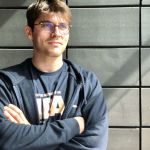
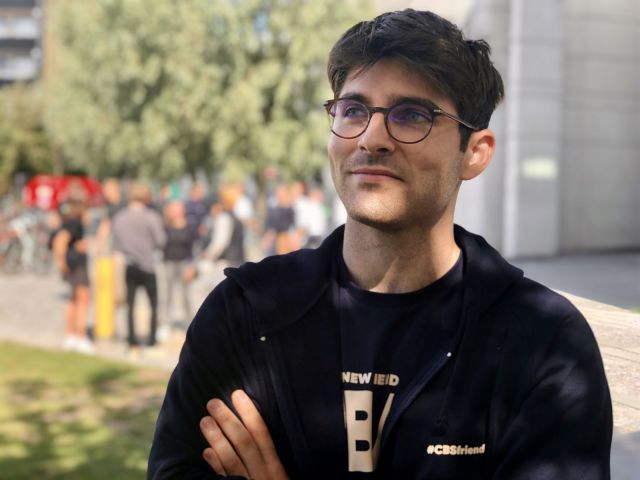
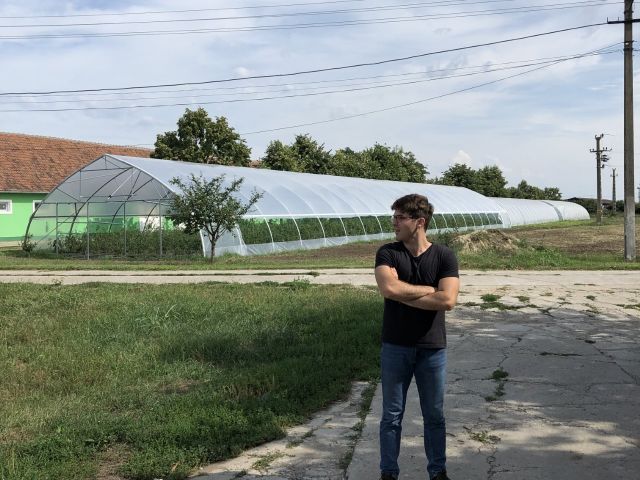
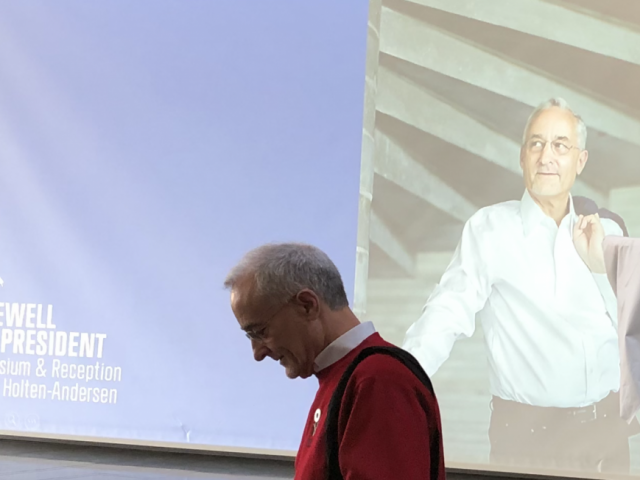
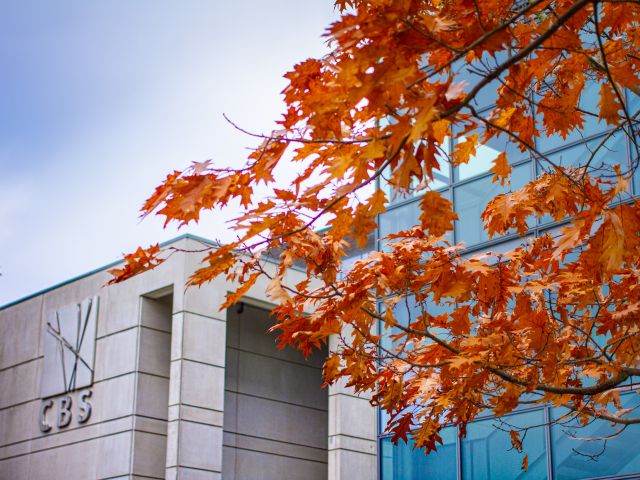




























































































































Comments